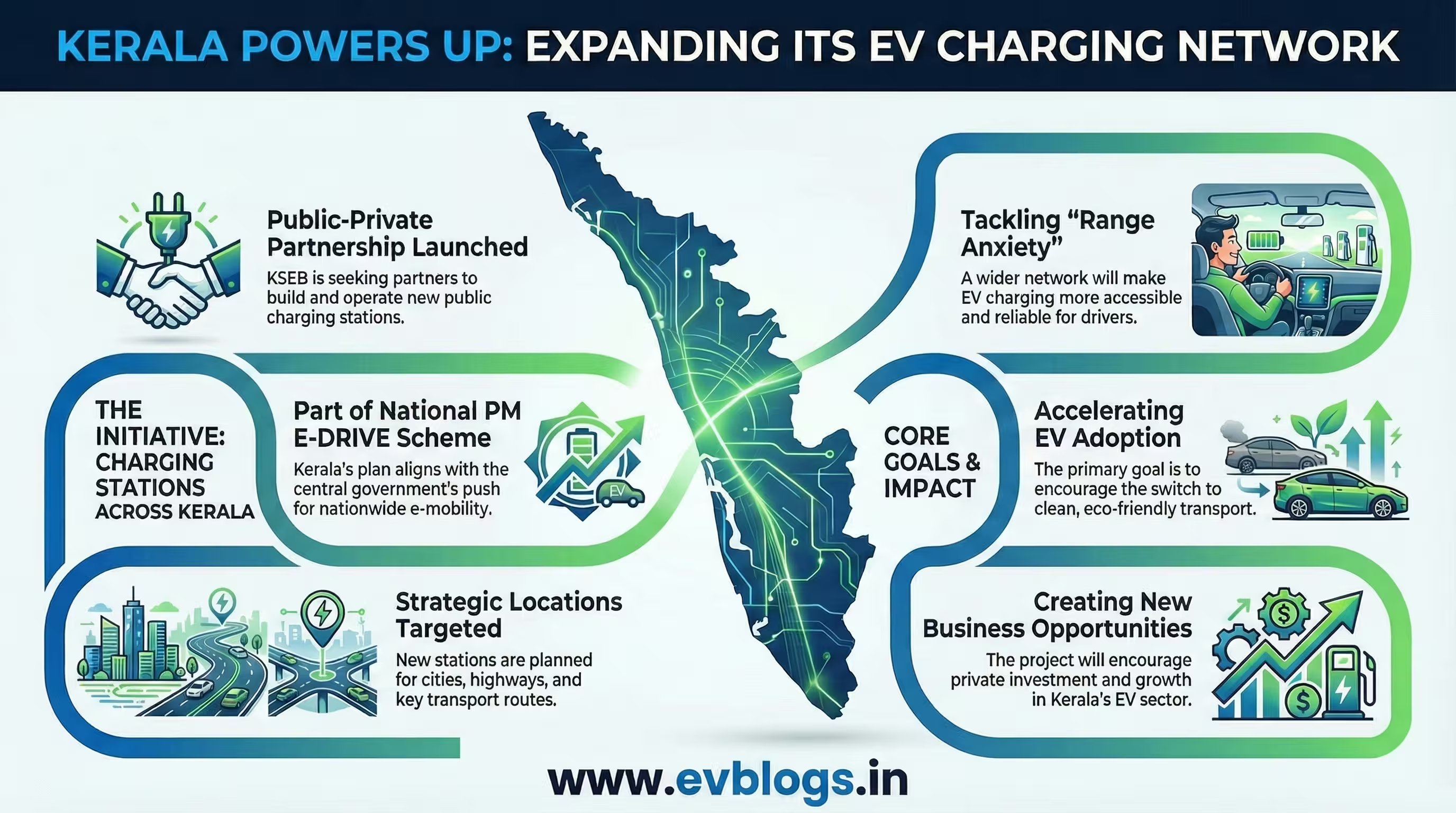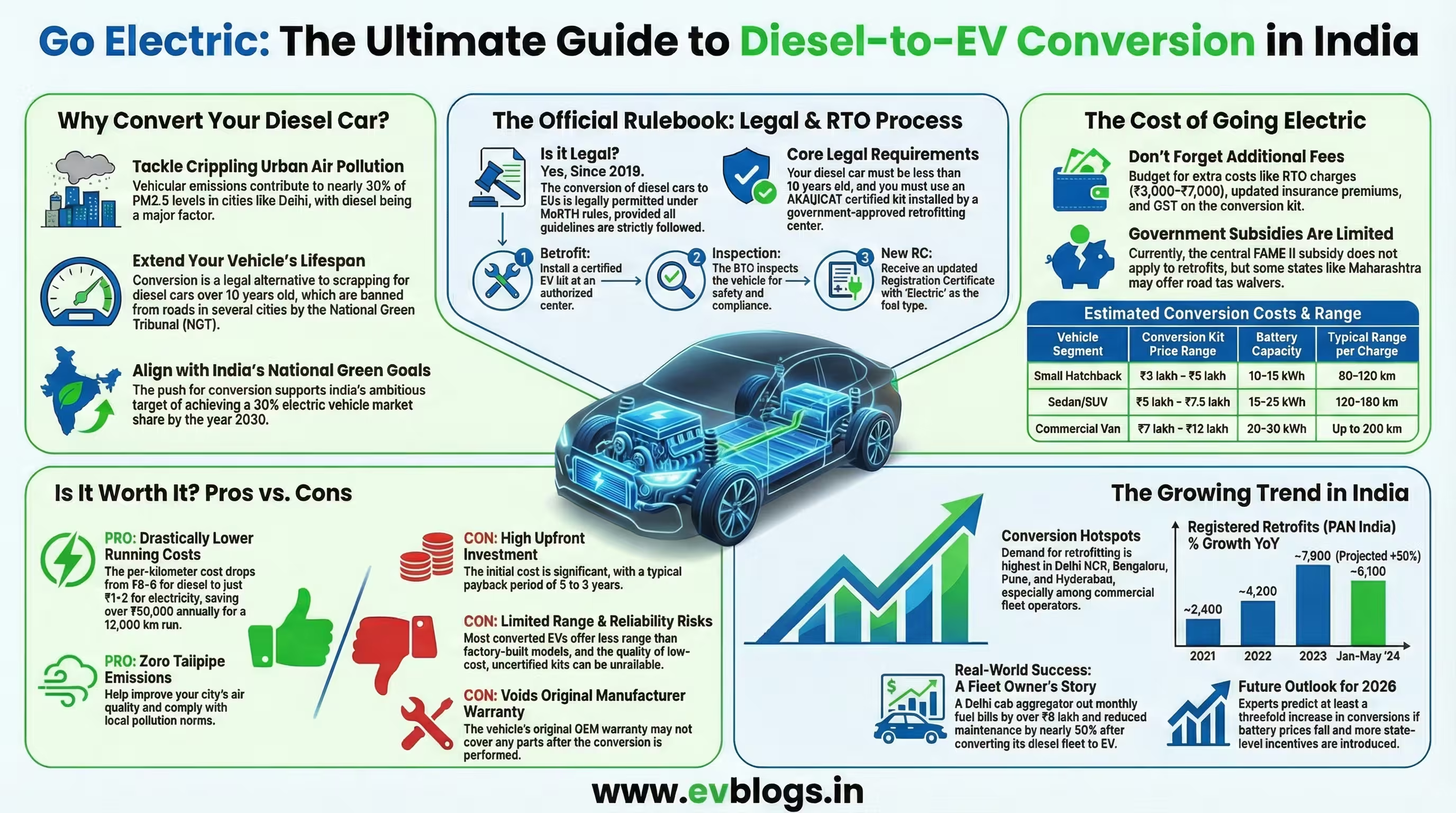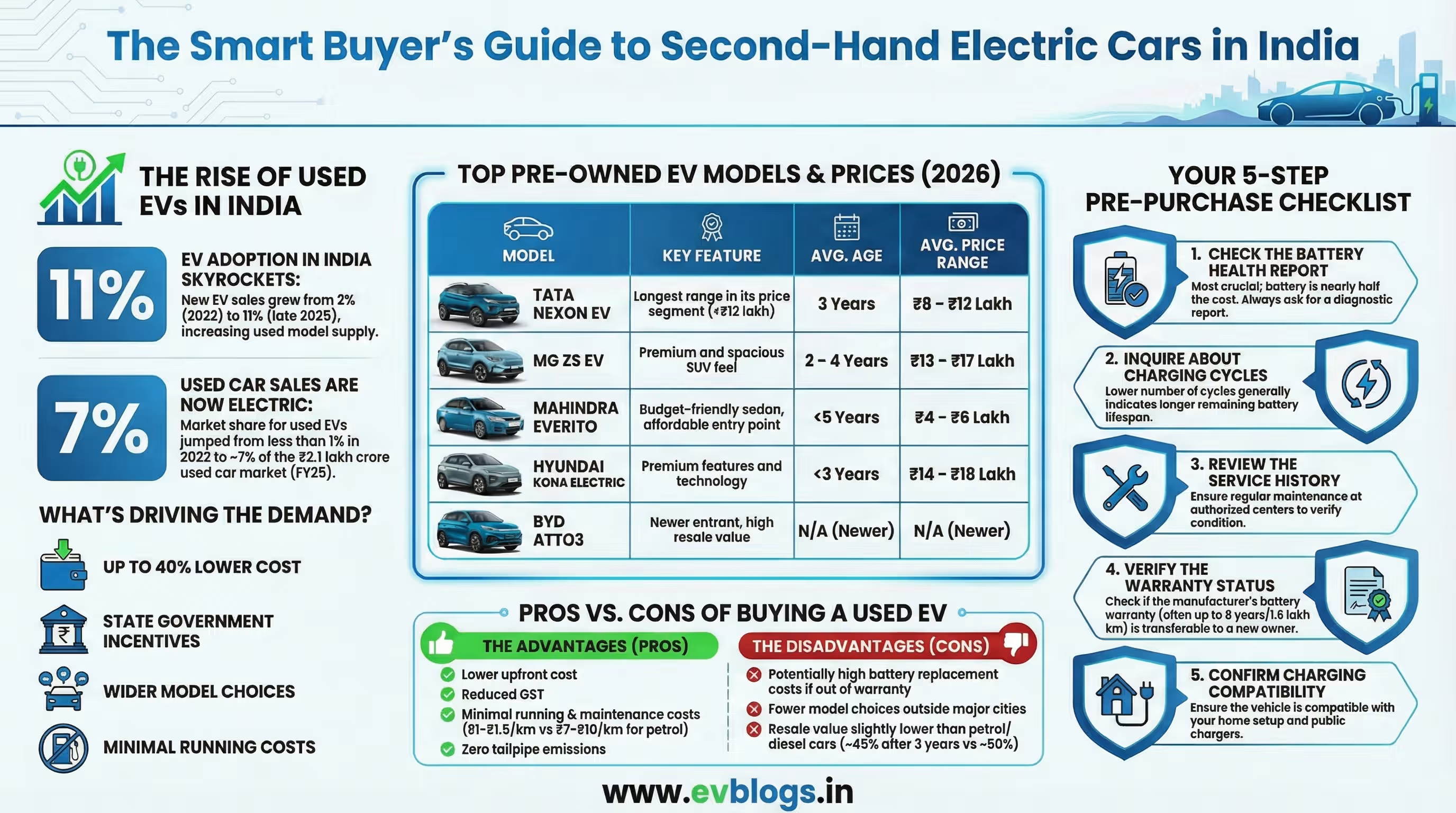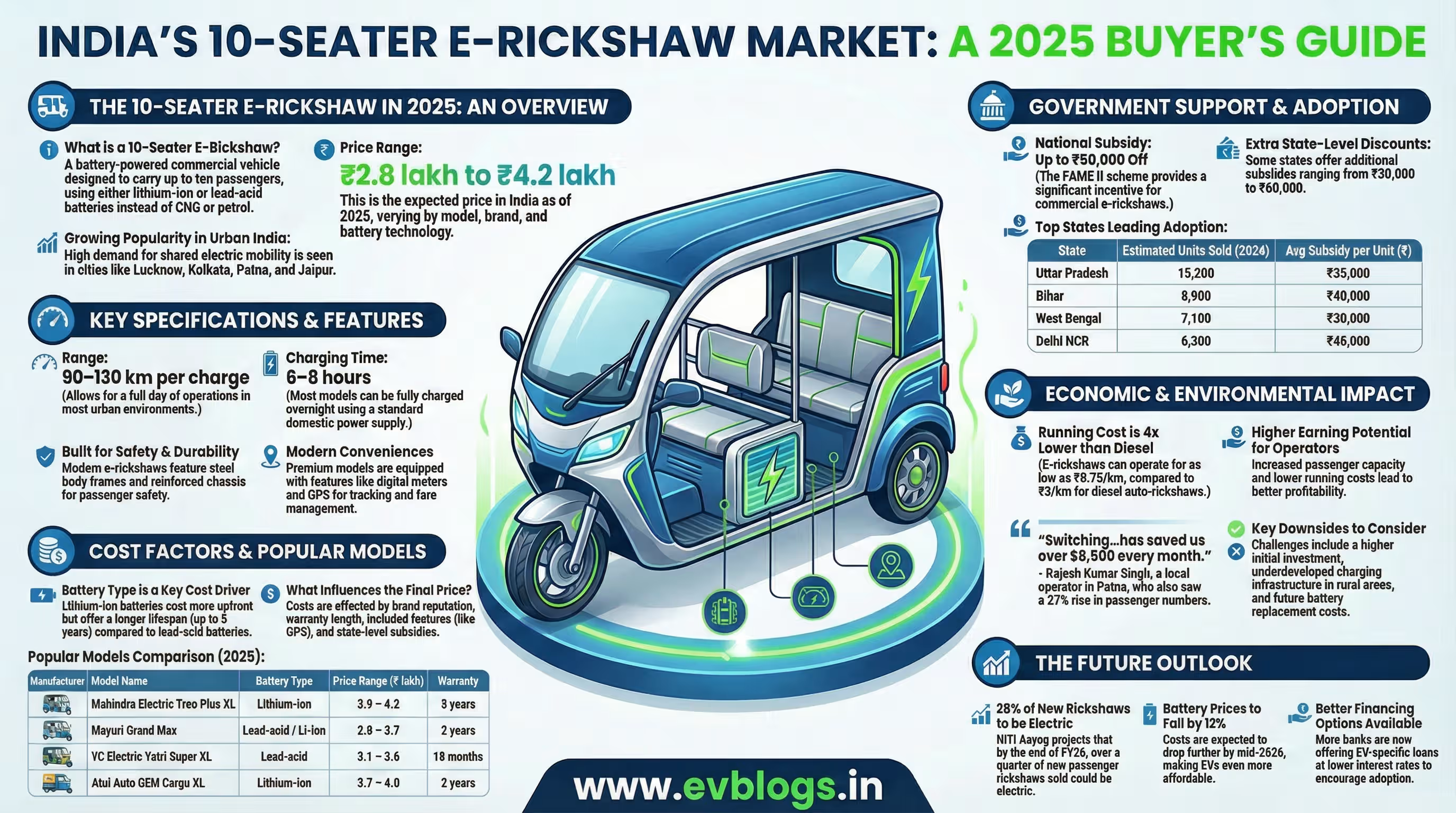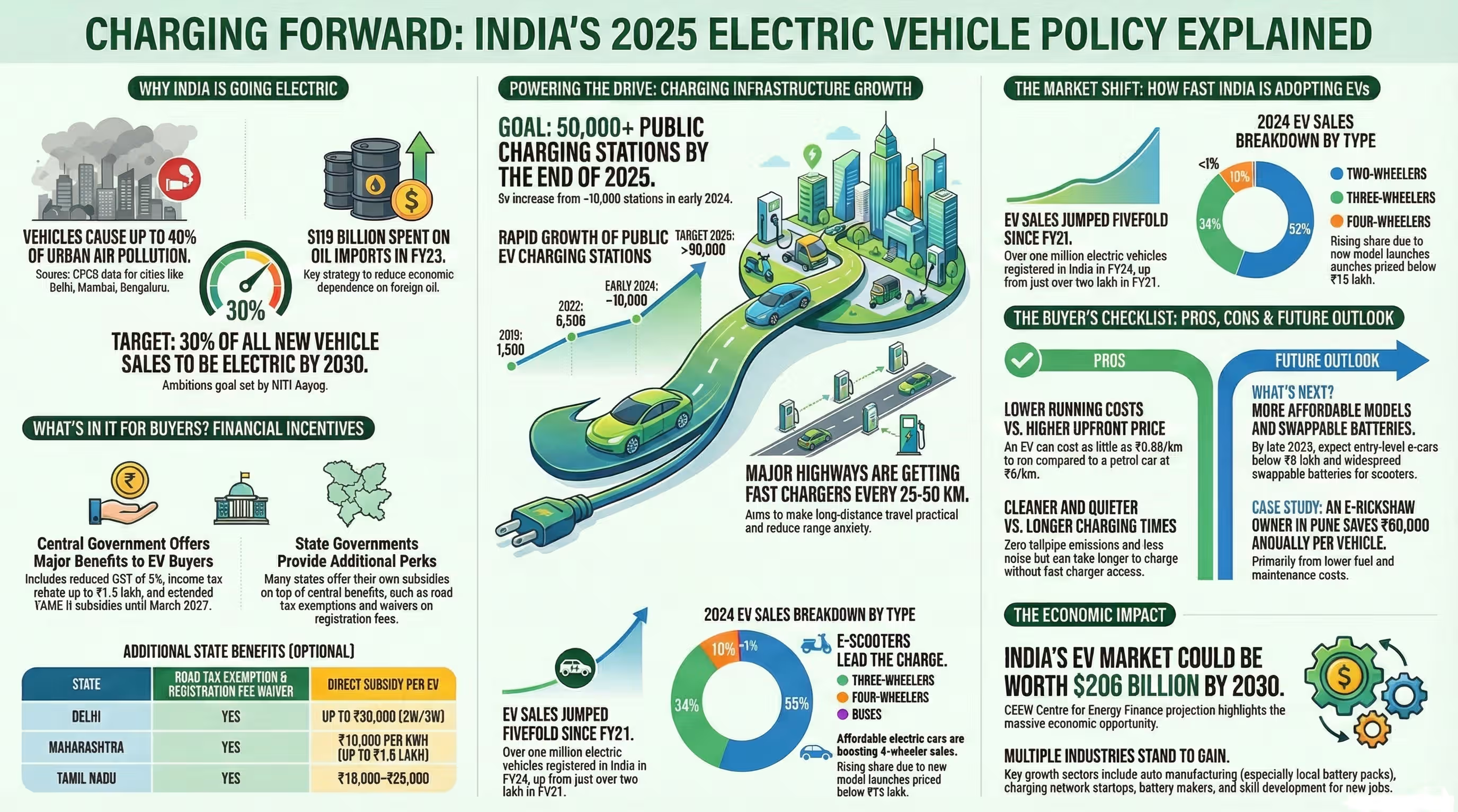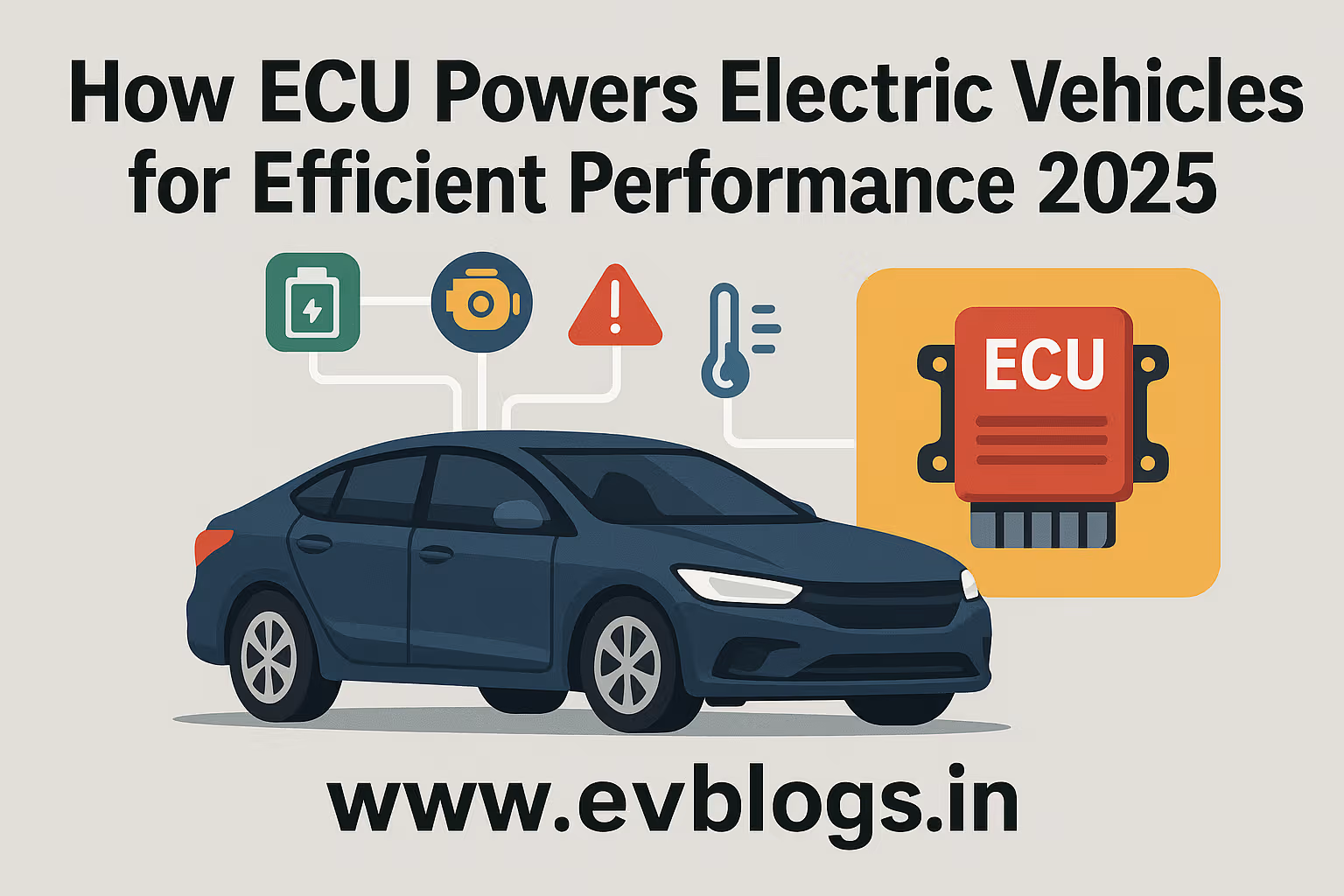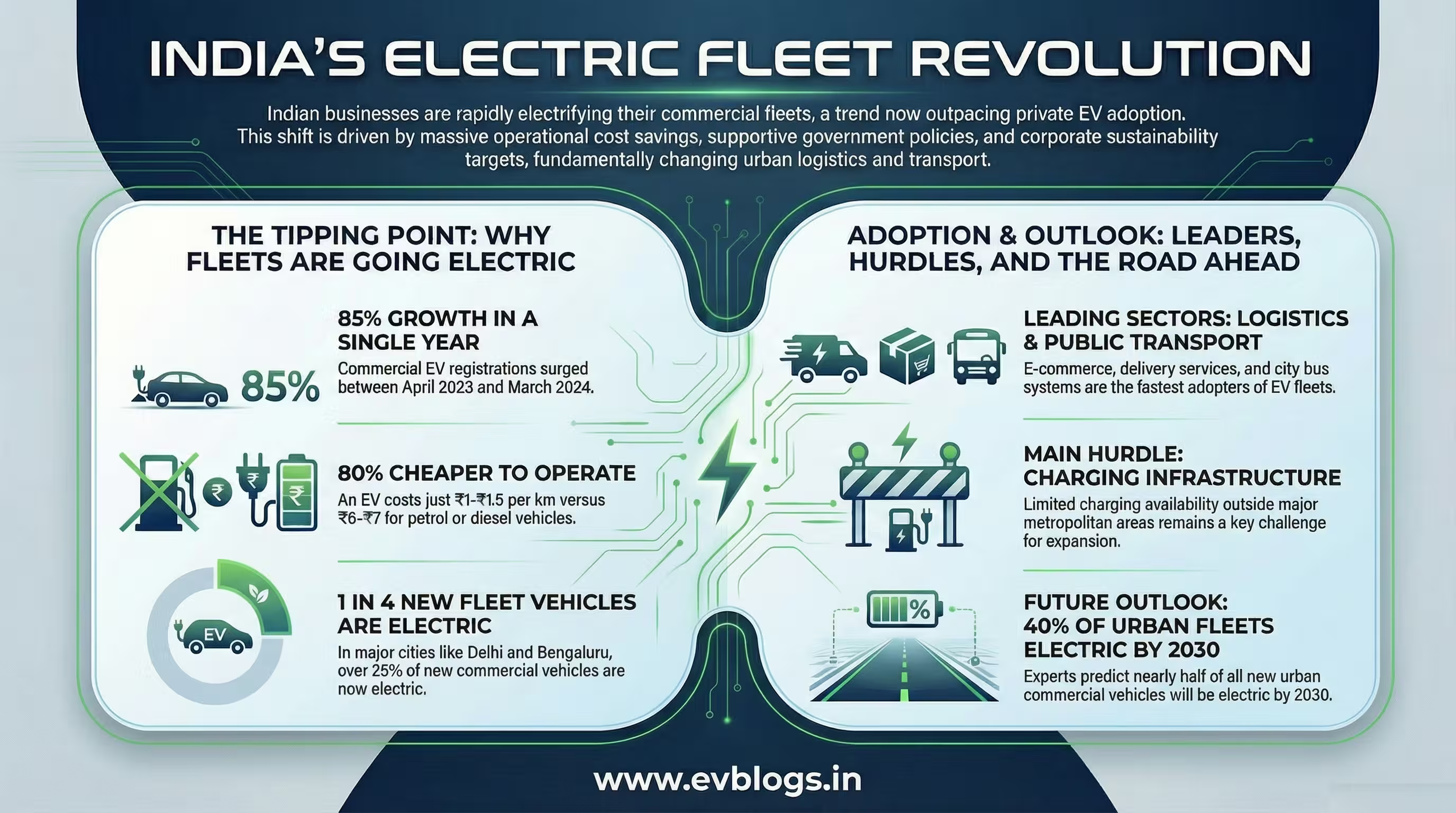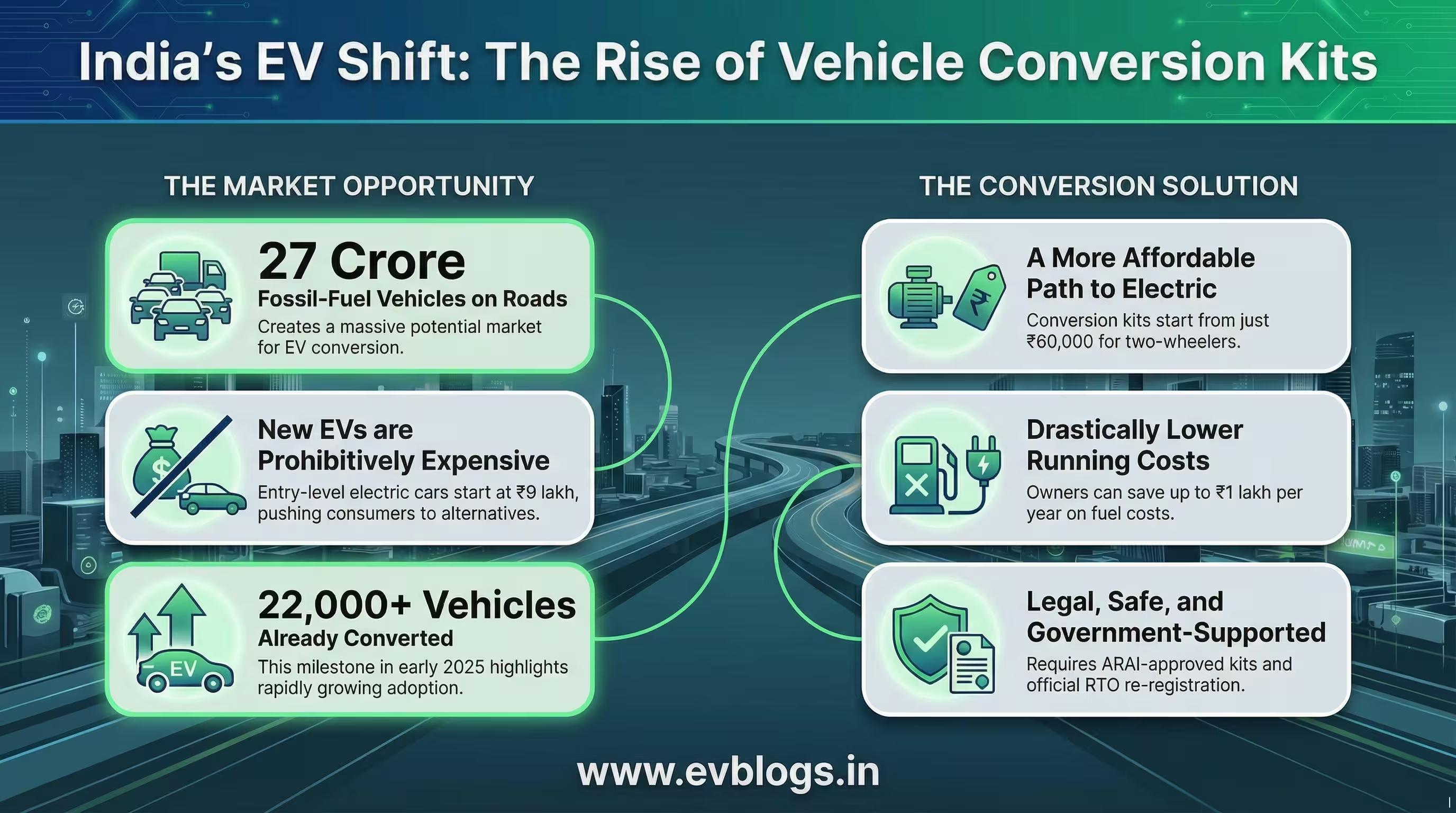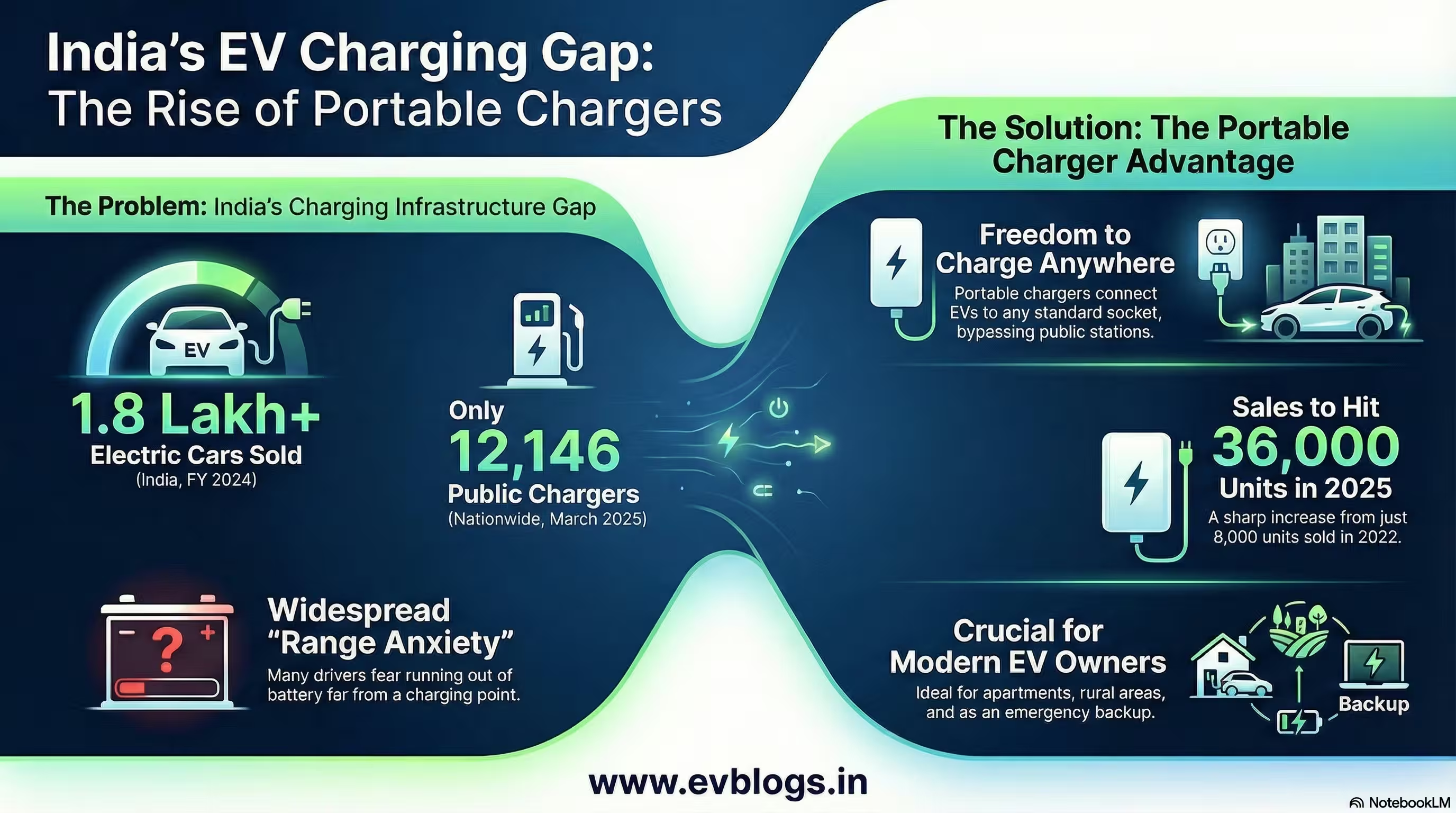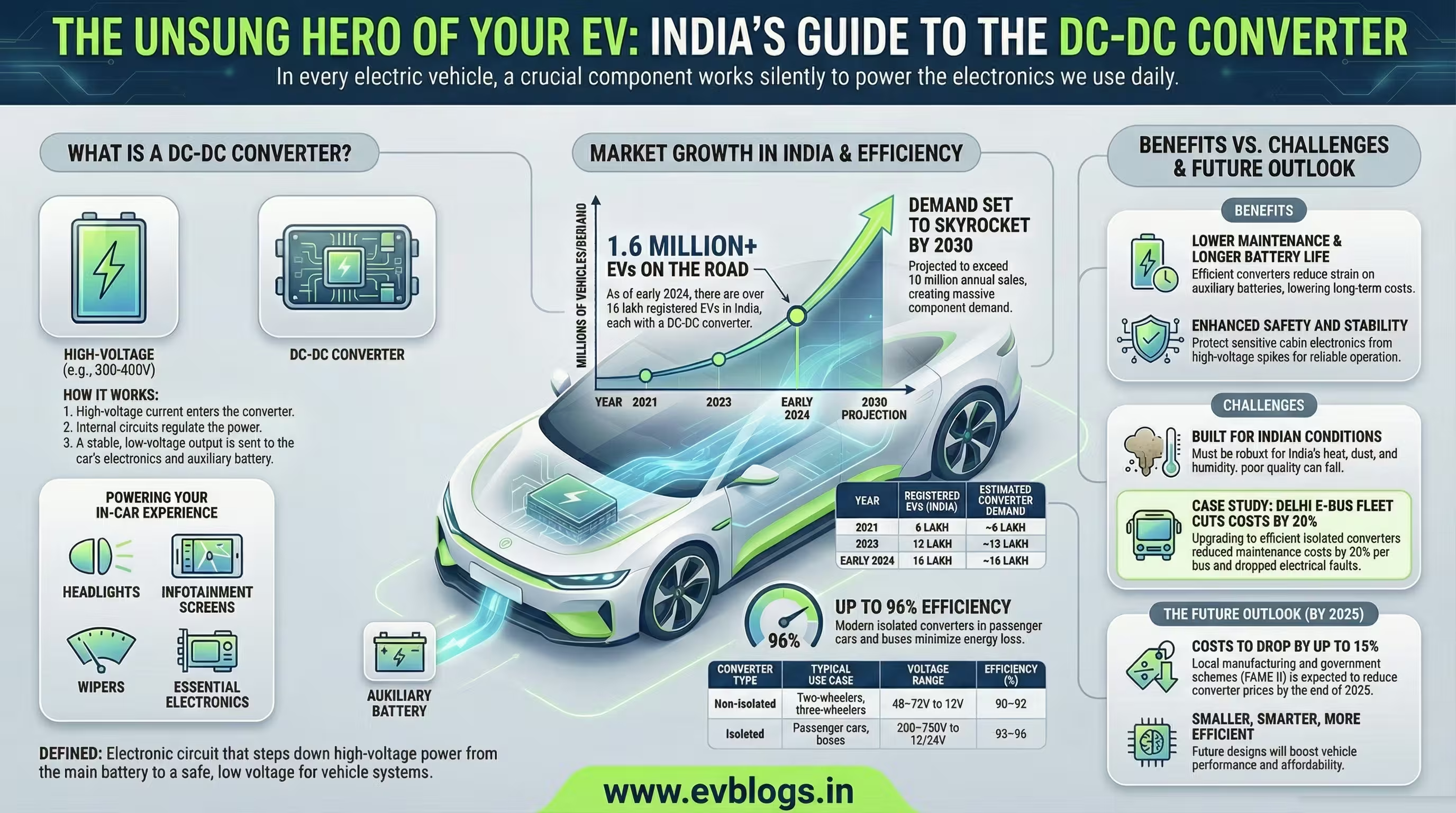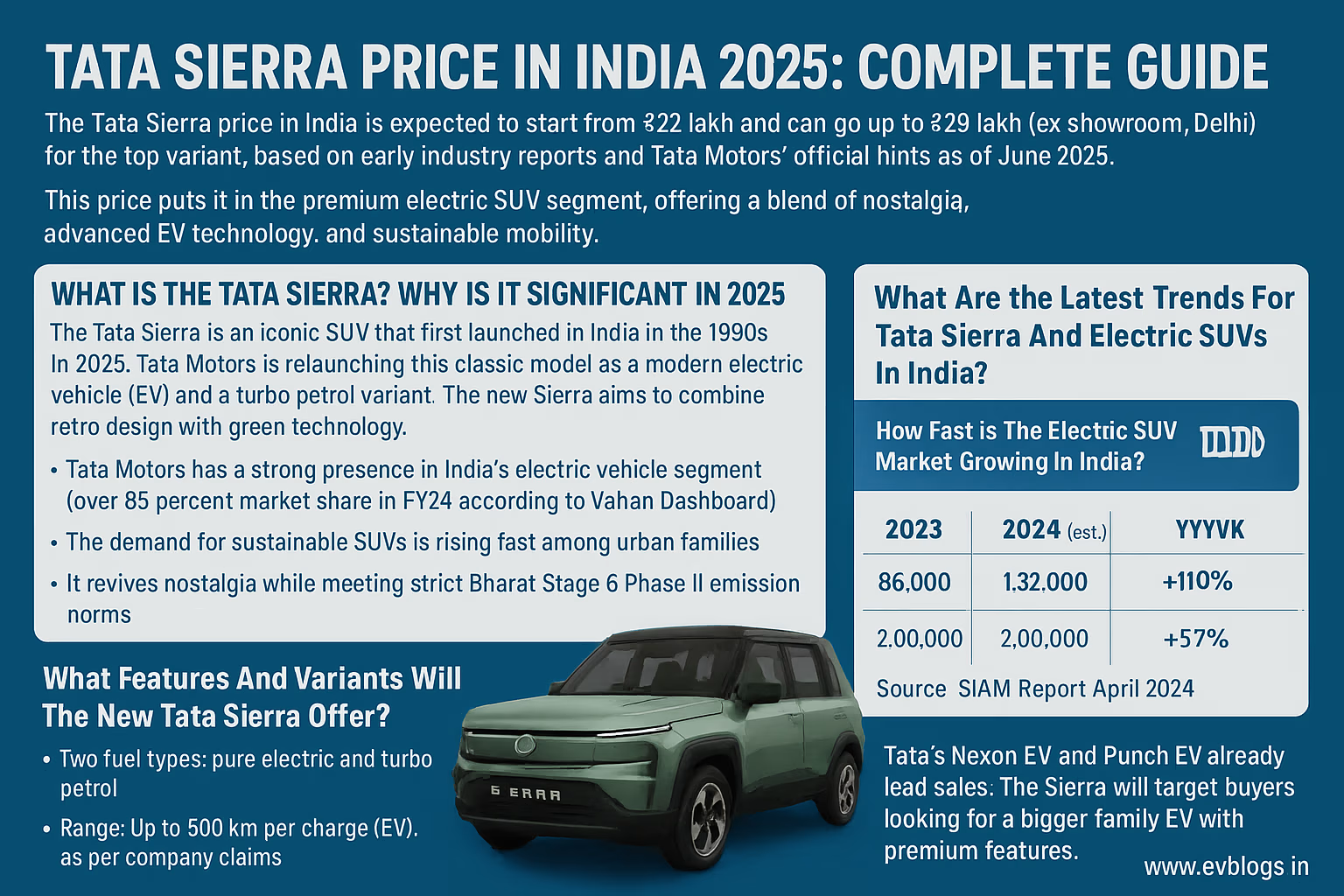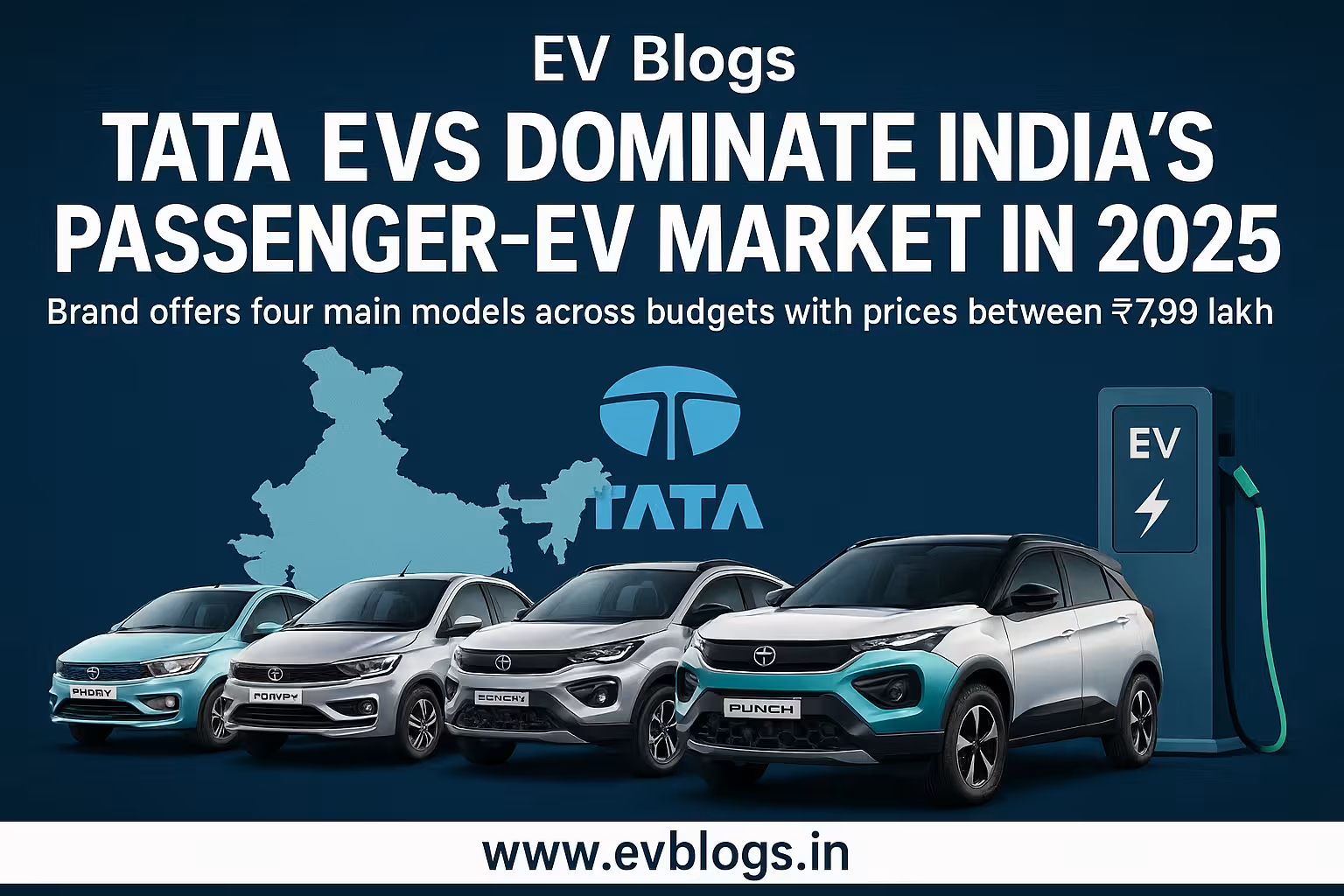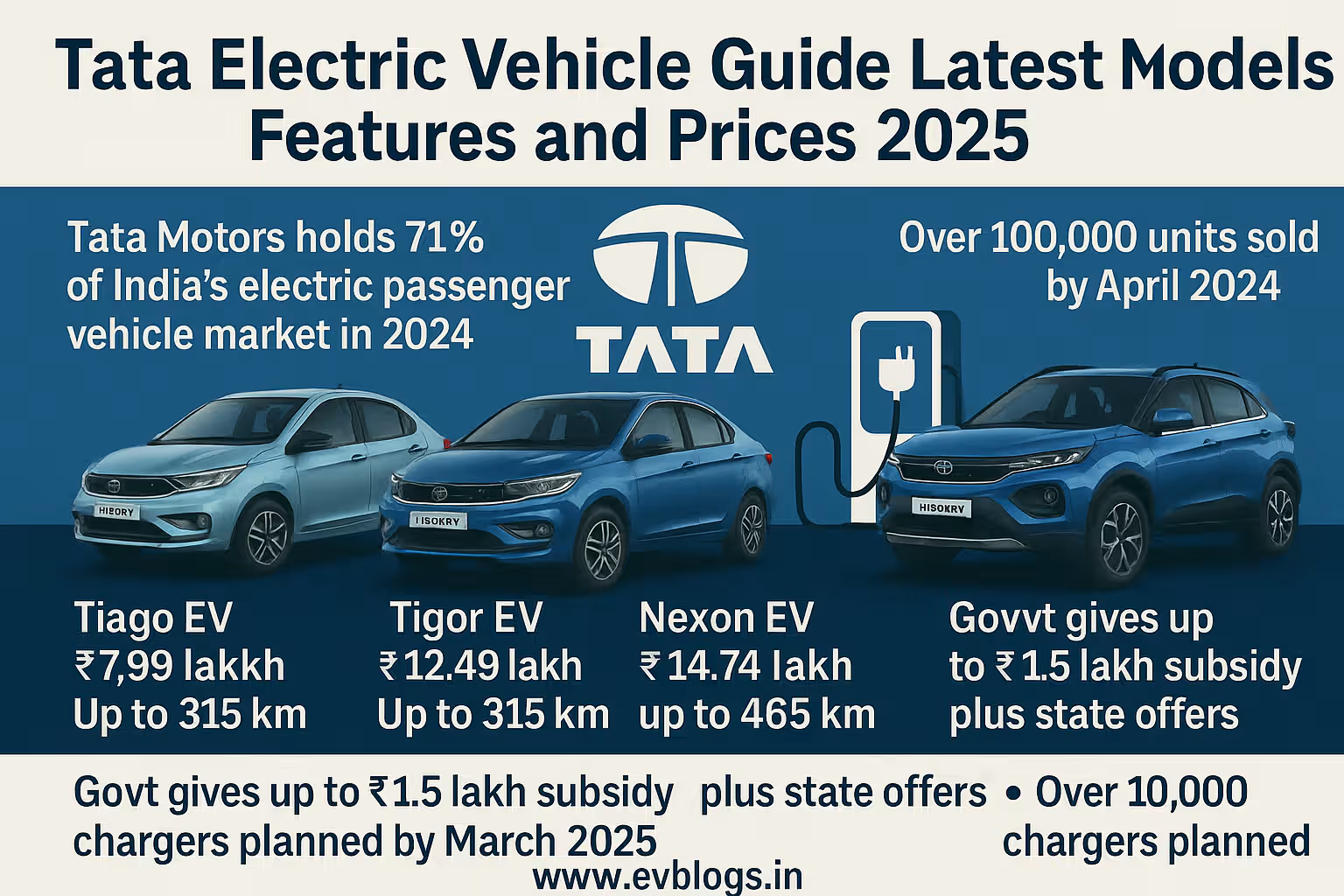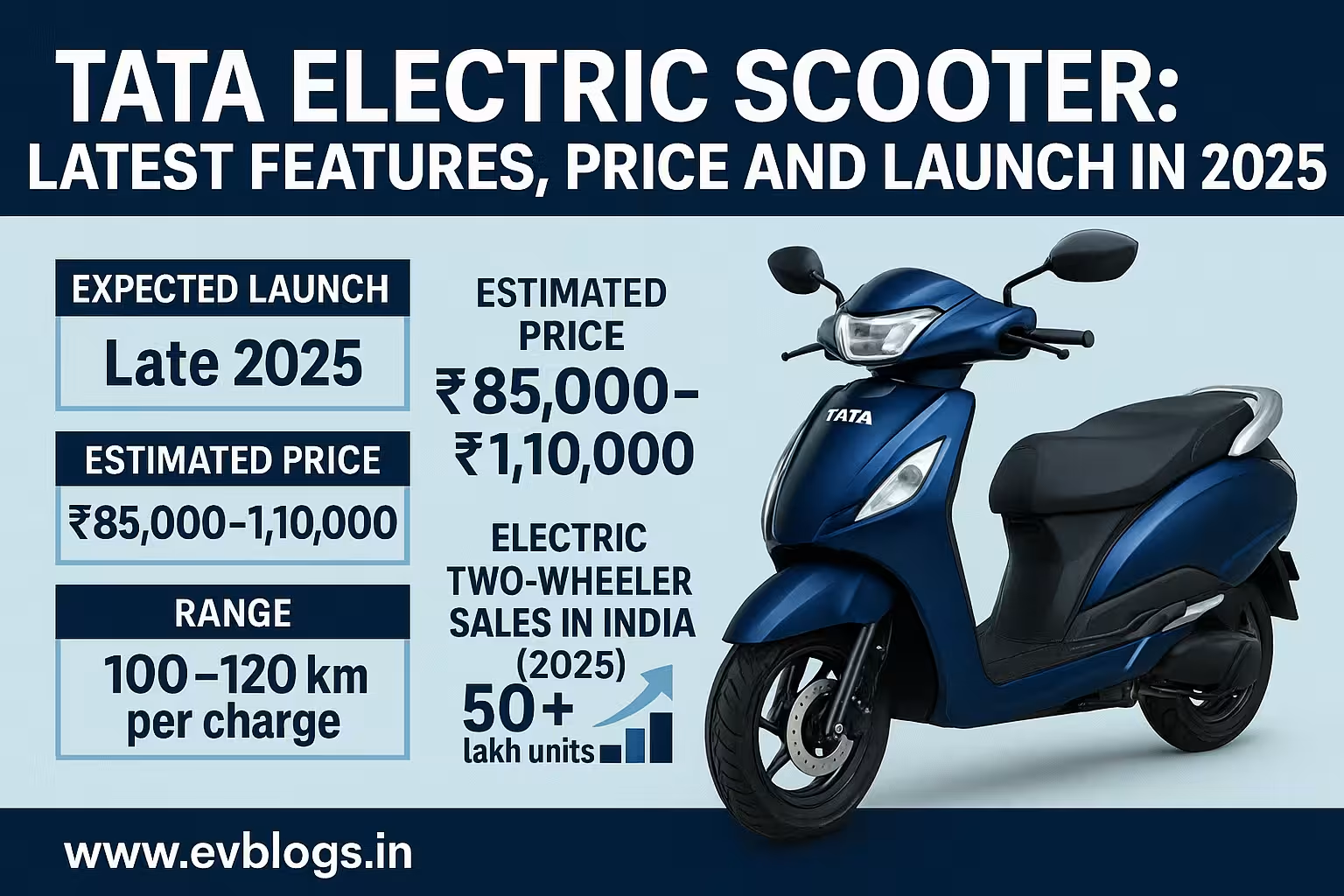Hedhvick Hirav
Hedhvick Hirav is a dedicated EV researcher and editor with over 4 years of experience in India’s growing electric vehicle ecosystem. Their contributions have been recognized in leading sustainability publications and automotive journals.
Summarize & analyze this article with
Choose an AI assistant and open this article directly:
Tip: if the AI doesn’t fetch the page automatically, paste the article URL manually.
What Is The BYD Sealion 7? Why Should You Care In India?
BYD Sealion 7 has generated a lot of interest in the Indian electric vehicle (EV) market that is taking off rapidly. The Sealion 7 is a luxury electric SUV by BYD (Build Your Dreams) and is available in the Indian market in 2025 with highly advanced features, good range, and characteristics. Being an educated car-buyer in India, you may ask yourself the question: why should I even consider purchasing the BYD Sealion 7, and what makes it particularly good, when compared to local or other global EV rivals?
- BYD Sealion 7 is a 5-seat, mid-size fully electric SUV.
- It is an international EV customized to Indian roads with right-hand drive and increased ground clearance.
- The Sealion 7 is priced above Atto 3 by BYD and targets upper-middle-class and luxury consumers.
- BYD already has a robust presence in India with the Atto 3 and e6, and plans further expansion in 2025.
- The Sealion design motif is part of BYD’s Ocean design series, symbolizing a new era for Indian EVs.
Fun Fact: BYD became the largest EV producer globally in 2024 with over 3 million EV sales, ahead of Tesla. (Source: BYD 2024 Annual Report)
What Segment Does the BYD Sealion 7 Belong to and Who Are Its Competitors?
The BYD Sealion 7 is in the high-end mid-sized electric SUV market, which is growing fast in India due to improved charging infrastructure and rising urban EV adoption.
Main competitors in India (2025):
- Kia EV6
- Hyundai Ioniq 5
- Tata Harrier EV (2025)
- Volvo XC40 Recharge
- Mahindra XUV.e8 (2025 projected)
- MG ZS EV (top model)
- Skoda Enyaq iV (2025 expected)
- Audi Q4 e-tron (imported)
- Mercedes EQB
- Toyota bZ4X (anticipated)
Estimated price range in India: ₹35–50 lakh ex-showroom.
Competitor Spec Comparison
| Model | Launch | Battery (kWh) | Range (km) | Power (PS) | 0-100 km/h (s) | Price (Lakh) | ADAS | Fast Charging | Boot (L) |
|---|---|---|---|---|---|---|---|---|---|
| BYD Sealion 7 | 2025 | 82 | 520–650 | 313–530 | 4.2 | 39–47 | 2+ | 150kW | 560 |
| Kia EV6 | 2022 | 77.4 | 528 | 229–325 | 6.2 | 60–65 | 2 | 350kW | 520 |
| Hyundai Ioniq 5 | 2023 | 72.6 | 631 | 217 | 7.6 | 46–53 | 2 | 350kW | 527 |
| Tata Harrier EV | 2025 | 60 | 450 | 200 | 8.5 | 28–33 | 2 | Yes | 475 |
| Volvo XC40 Recharge | 2022 | 78 | 418 | 408 | 4.9 | 54–57 | 2+ | 150kW | 419 |
| Mahindra XUV.e8 | 2025 | 80 | 480 | 350 | 6.5 | 33–39 | 2+ | Yes | 450 |
| MG ZS EV (LR) | 2023 | 50.3 | 461 | 176 | 8.2 | 24–28 | 2 | 50kW | 470 |
| Skoda Enyaq iV | 2025 | 77 | 520 | 265 | 6.9 | 48–55 | 2+ | Yes | 585 |
| Audi Q4 e-tron | 2024 | 77 | 480 | 204–300 | 6.7 | 70–75 | 2+ | 135kW | 520 |
| Mercedes EQB | 2023 | 66.5 | 423 | 228 | 8.0 | 77–80 | 2 | 100kW | 495 |
| Toyota bZ4X | 2025 | 71.4 | 470 | 218 | 7.5 | 50–55 | 2+ | Yes | 452 |
BYD Sealion 7 Advantage: Global EV tech, strong range, luxury features, and competitive pricing.
Key Specifications and Features
Powertrain:
- RWD (313 PS) or AWD Performance (530 PS)
- 0–100 km/h in 4.2 sec (AWD)
Battery & Range:
- 82 kWh BYD Blade Battery (LFP tech, high safety)
- 520–650 km (ARAI-expected, Indian cycle)
Charging:
- DC 150 kW (10–80% in ~30 min)
- 11 kW AC home charging
Dimensions:
- L: 4830 mm | W: 1925 mm | H: 1620 mm
- Wheelbase: 2930 mm
- Ground clearance: 190 mm (India-specific)
Interior & Comfort:
- 15.6" rotating touchscreen infotainment
- 12.3" digital cluster
- Panoramic glass roof
- Luxury vegan leather seats
- Rear AC vents, wireless charging
- 560 L boot
Tech & Safety:
- ADAS 2+ (adaptive cruise, lane keep, AEB)
- 7 airbags, 360° camera
- V2L (Vehicle-to-Load)
- OTA updates, app control
India Launch & Booking
- Debut: Auto Expo 2025 (January)
- Pre-booking: March 2025 (select metros)
- Deliveries: June–July 2025
- Booking fee: ₹50,000 (refundable before invoicing)
- Test drives: From April 2025 in major cities
Why It Matters for India
- Supported by FAME-II and state EV subsidies
- Expanding charging infra (10,000+ public fast chargers)
- BYD’s Blade Battery safety crucial in India’s hot climate
- Premium EV demand rising in metros
- 8-year/1.6 lakh km battery warranty boosts confidence
Real-World Performance in India
- Mumbai–Goa Test: 15.5 kWh/100 km, one fast charge each way, handled hills and rain well.
- Bengaluru Commute: 40 km/day, charges twice a week, family enjoys panoramic roof.
Drawbacks: AC load and hard acceleration lower range; no frunk; touch controls need learning.
Pros and Cons
Pros:
- Class-leading range and battery safety
- Fast DC charging
- Luxury, tech-rich cabin
- Strong AWD performance
- V2L power backup
- Long warranty
Cons:
- Service network still expanding
- High upfront cost for some
- EV-only, requires trip planning
- Lower brand familiarity outside EV circles
Price in India (2025)
| Variant | Ex-Showroom (₹ Lakh) | On-Road (Delhi) | Key Features | Range (km) | AWD |
|---|---|---|---|---|---|
| RWD | 39.0 | 44.5 | Standard | 650 | No |
| AWD | 45.0 | 51.2 | Extra features | 610 | Yes |
| AWD Perf | 47.0 | 53.6 | Top-end tech | 580 | Yes |
After-Sales & Charging Ecosystem
- 35+ BYD outlets in India (target 50+ by end 2025)
- Home charger installation included
- Fast-charging partners: ChargeZone, Tata Power, Fortum, Zeon
- 8-year battery warranty; 6-year vehicle warranty
- 24x7 roadside assistance (Tier-1 focus)
Ideal Buyers
- Urban executives/families needing long range
- Tech adopters valuing OTA updates and V2L
- Luxury seekers without German-brand pricing
Not Ideal For:
- Frequent rural travel far from fast chargers
- Those preferring physical controls
- Budgets under ₹35 lakh
Cost of Ownership
Over 5 years, running costs are ~1.3 ₹/km vs 6–8 ₹/km for petrol/diesel SUVs, plus lower maintenance.
Owner Feedback
- Family Users: Appreciate comfort, tech, and entertainment
- Business Travellers: Value fuel savings and pre-cooling
- Common praise: Range, comfort, drivability
- Common gripe: Touchscreen learning curve
Maintenance & Usage Tips
- Use BYD service centers for checks
- Keep software updated
- Plan long trips using charging apps
- Maintain correct tyre pressure
Verdict
BYD Sealion 7 offers strong performance, luxury, tech, and range in a safer, locally supported package at a price well below imported luxury EVs. For urban, tech-savvy Indian buyers in 2025, it’s a compelling premium EV choice—future-proof, practical, and competitively priced.
FAQs
Q1: Eligible for subsidies?
A: Likely for state subsidies; FAME-II mostly applies to EVs under ₹15 lakh.
Q2: Home charging time?
A: ~8 hrs (11 kW AC).
Q3: Suitable for hill roads?
A: Yes, AWD + 190 mm clearance works for rough terrain.
Q4: Power backup capability?
A: Yes, via V2L.
Q5: Android Auto/CarPlay?
A: Yes, at launch.
External Links (Credible Sources):


